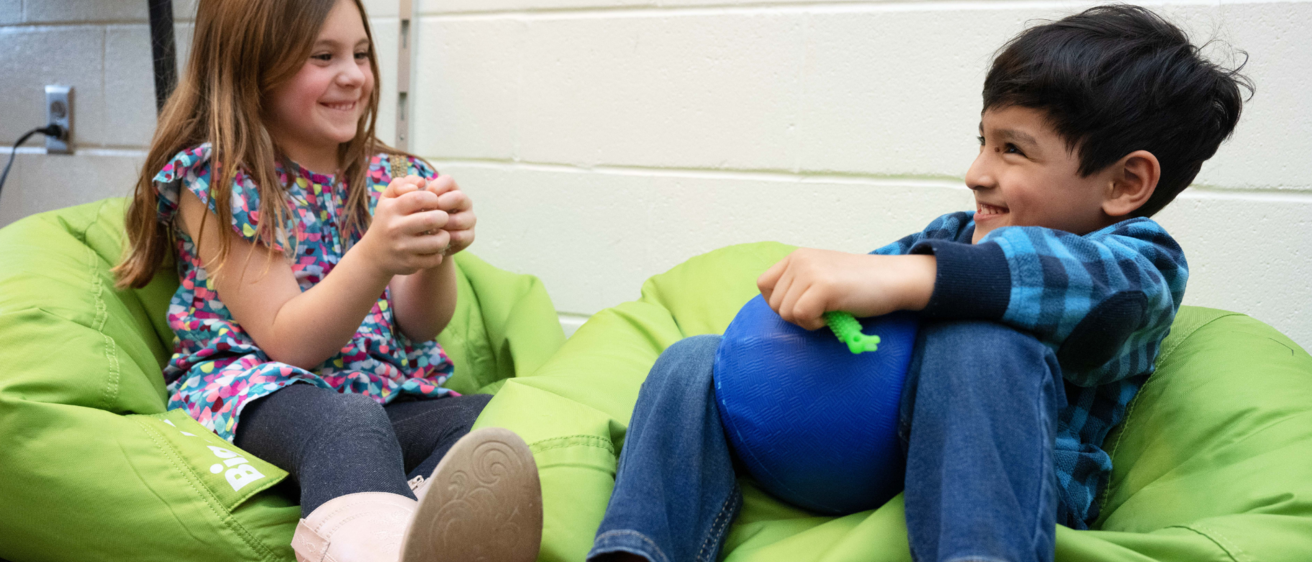Multi-tiered systems of support (MTSS) are not static; they are constantly evolving to meet the changing needs of students. They promote academic and behavioral skill development by organizing support services along a continuum, with varying levels of support depending on student needs. MTSS is a widespread service delivery framework for good reasons—it provides coordinated, evidence-based, prevention-oriented services that emphasize the importance of culturally responsive care designed to meet the needs of all students. Historically, MTSS approaches focused on developing essential academic and behavioral skills. With increased awareness of the students’ complex mental health needs, MTSS schools increasingly incorporate strategies and services to address students’ overall mental well-being.
As part of your efforts to support student well-being, we encourage you to consider how your MTSS contributes to developing positive personal mindsets essential for students’ overall well-being (Perkins et al., 2021). Mindsets are powerful beliefs that shape how adolescents perceive themselves and the world around them, directly impacting their thoughts, emotions, and actions.
The primary goal of this practice brief is to encourage educators to pause and reconsider the rationale behind implementing MTSS support services. It addresses balancing students’ academic and behavioral goals while supporting their broader lifelong development and presents several ideas to encourage your MTSS team to explore practical strategies for promoting well-being through positive personal mindsets.
Read and download the full practice brief
